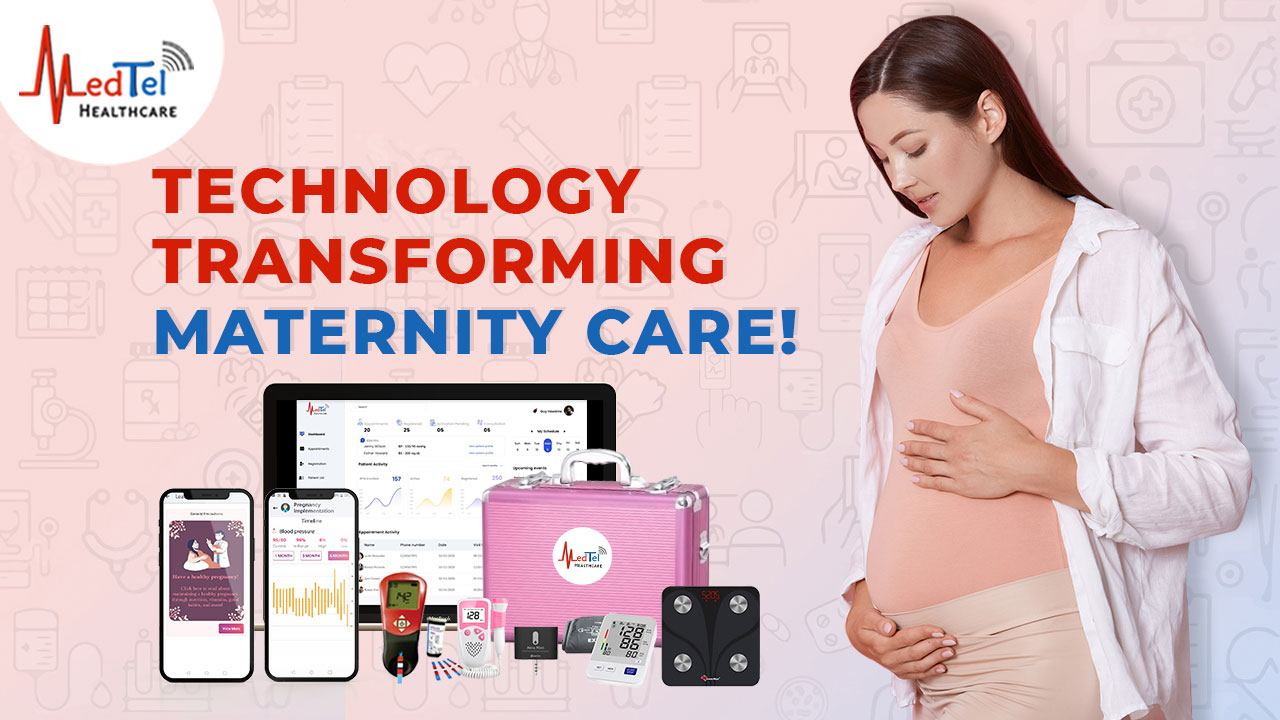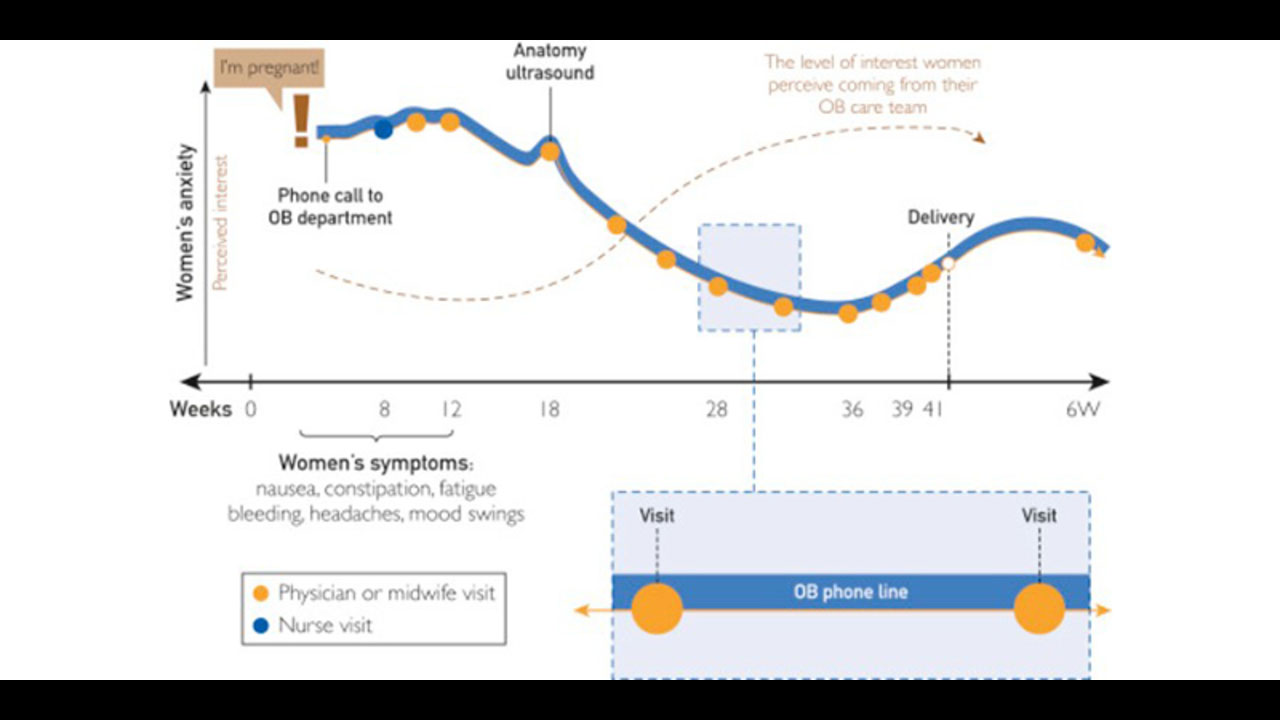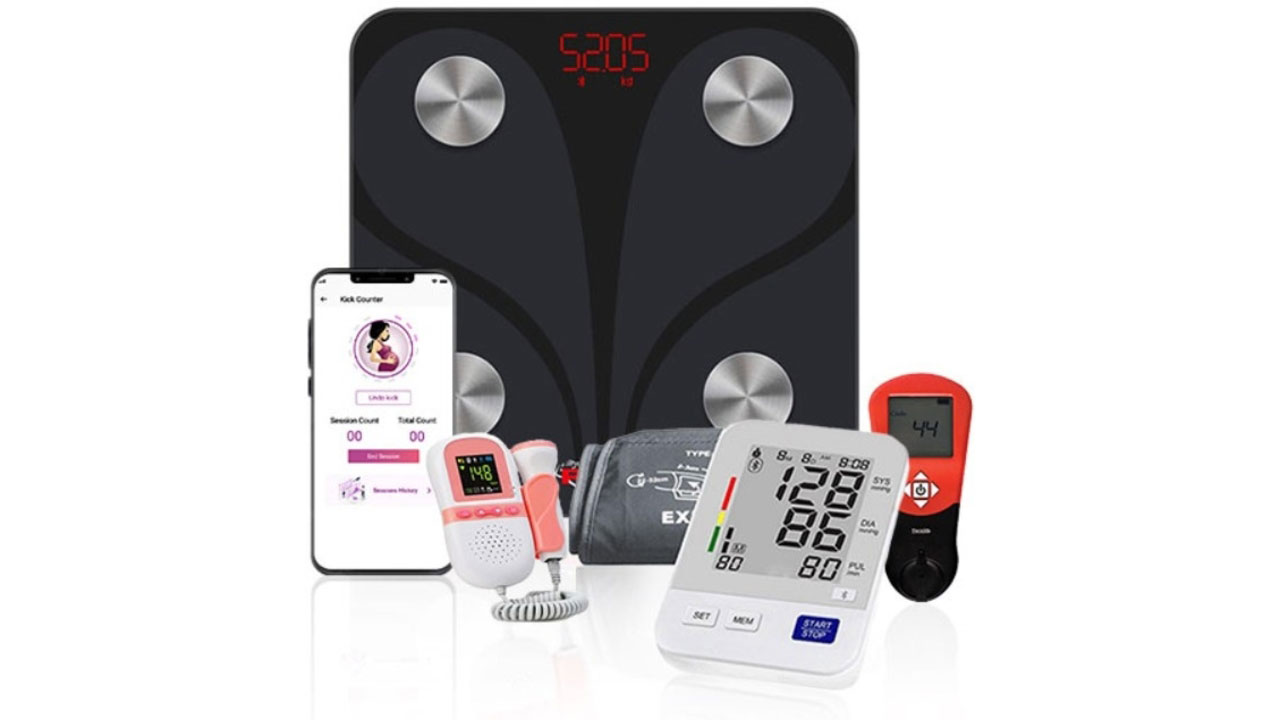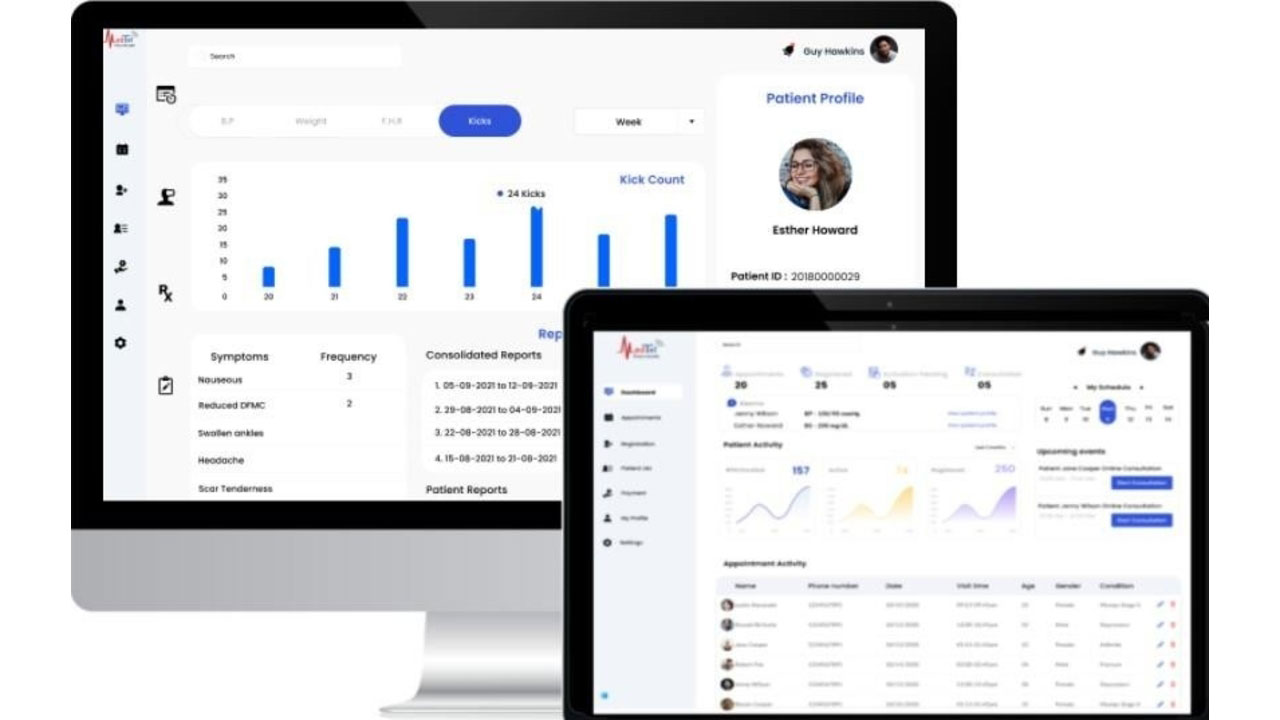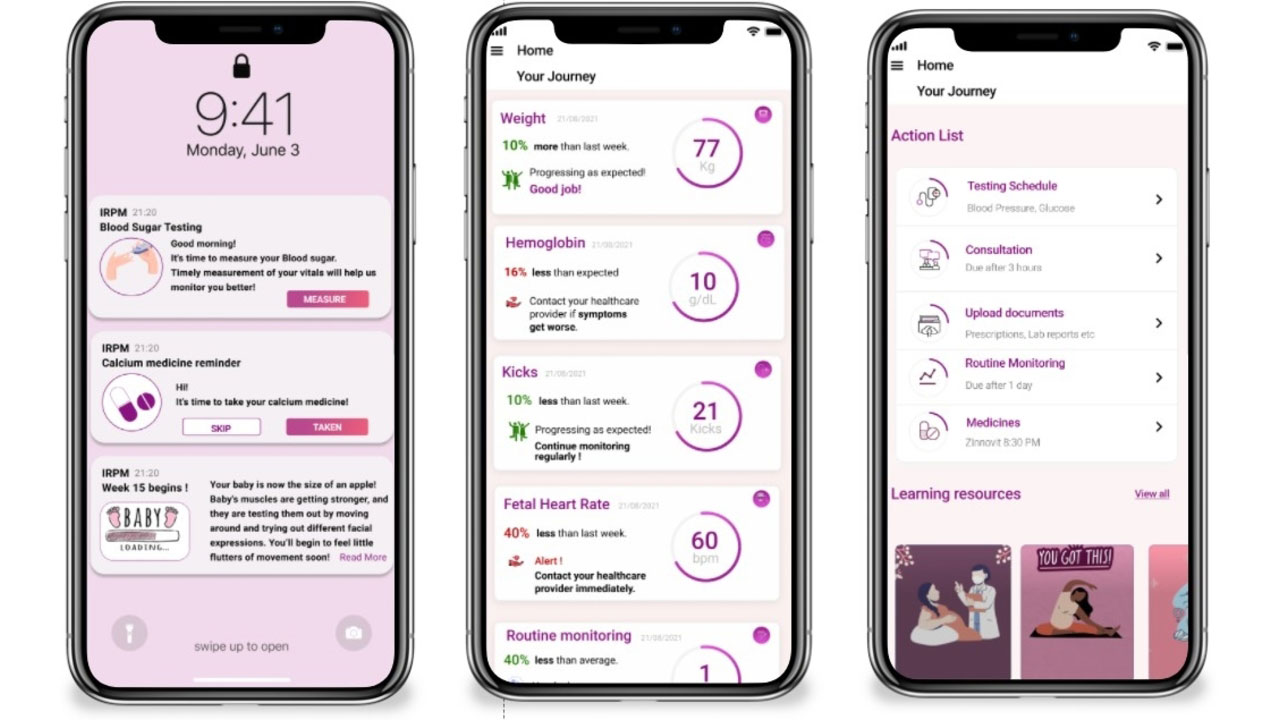Technology Transforming Maternity Care
In recent times, technology has successfully been leveraged to build solutions to solve healthcare disparities sustainably. It is a very exciting time to observe and enable the transition of health-tech, from a latent initial adoption phase to a phase where its potential is fully recognized.
One such domain, where such a shift is already preempted, is maternity care! Home care and Remote Monitoring Healthcare strategies are being considered as sustainable
ways to synergize with the traditional healthcare system. This shift started with a greater awareness of the limited utility of the unstructured patient data that currently exists in the healthcare system and is accelerated by the need for remote care that was felt during the pandemic.
What are we trying to solve?
Source: OB Nest: Mayo Clinic Proceedings
These are some key issues that MedTel’s Pregnancy Monitoring Devices aims to solve!
How do we do it?
2. Body analyzer: Weight is a key indicator of the mother’s health and the child’s growth. Regular monitoring of weight is essential even in normal.
4. Hemoglobinometer: With more than 50% of expectant mothers suffering from anemia, this becomes an important test to counter and prevent complications such as reduced growth of the baby (intrauterine growth retardation and low birth weight).
5. FHR monitor: Fetal Heart Rate and Kicks are indicators of the baby’s well-being Now this can be measured at home and this data is shared with doctors in real-time!
We are fixing the fragmented healthcare system by getting consultations, ordering medicines, booking lab tests, reliable information, and testing on the same platform.
Way Forward!
As digital healthcare and innovation mature, the next key aspect we would be working on is building credibility and trust amongst the key stakeholders so that such an intervention can scale sustainably!
Contact Us!
MedTel’s RPM platform incorporates connected diagnostic devices, a smartphone app, and a web-based dashboard for hospital access and review. These devices include a digital blood pressure machine, body composition monitor, glucometer, fetal heart rate monitor, and hemoglobinometer. Our advanced Connected Care Solutions provide remote pregnancy care which reduces physical clinic visits while monitoring health parameters for complications.
